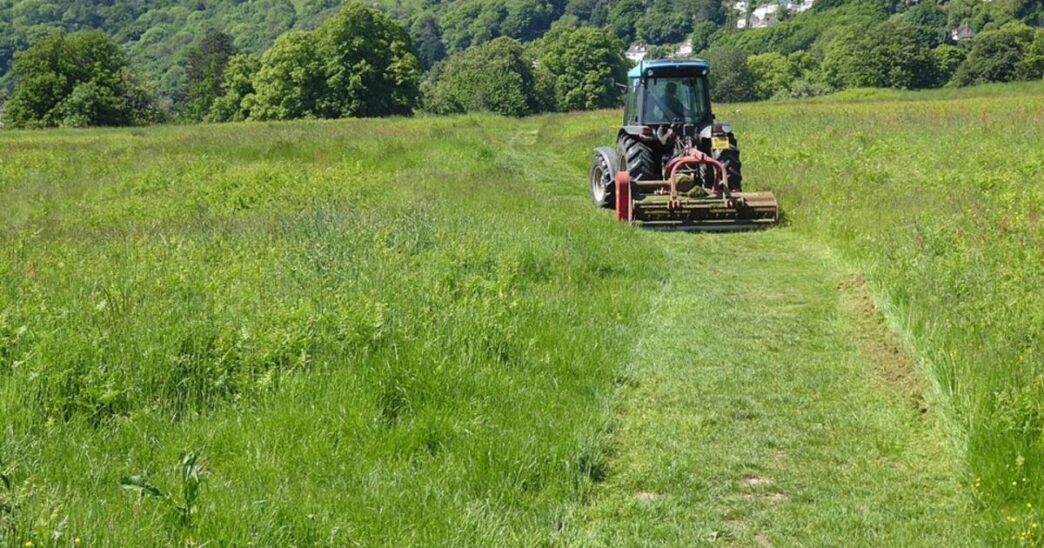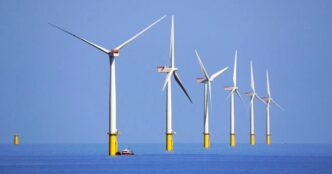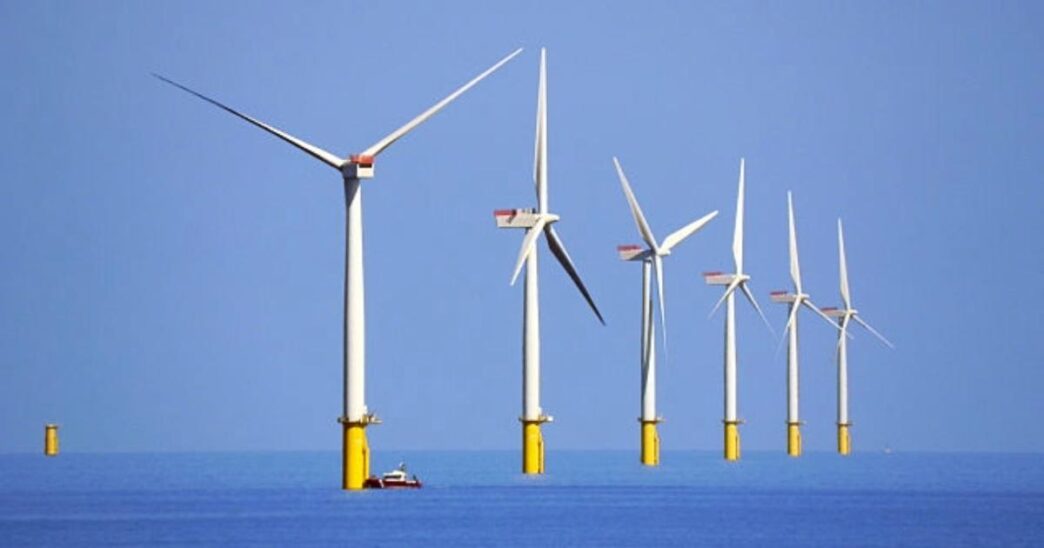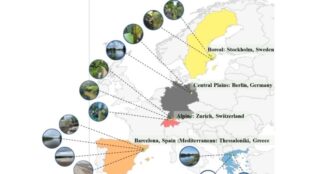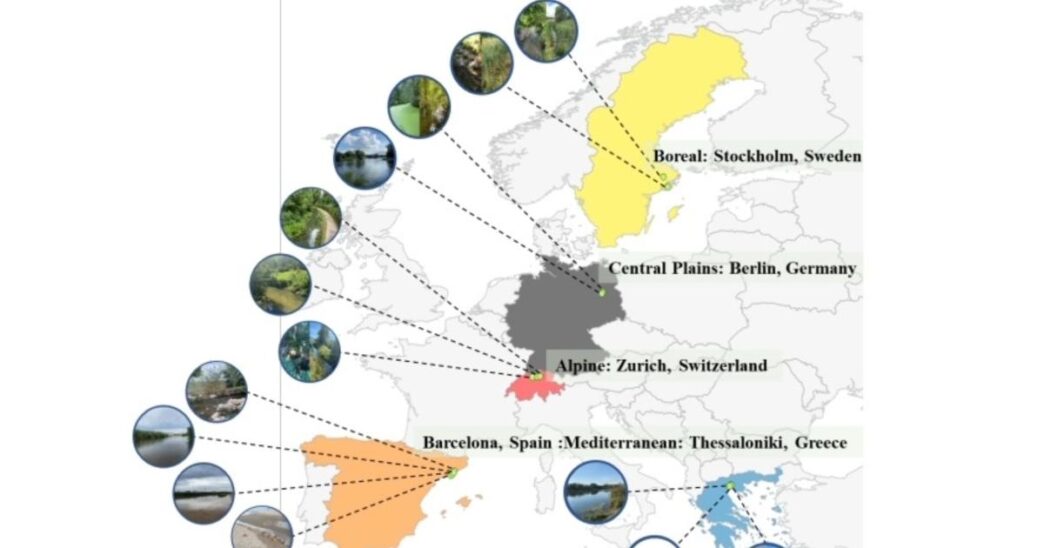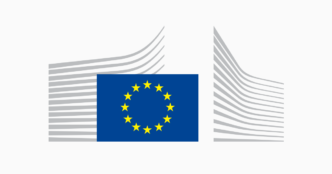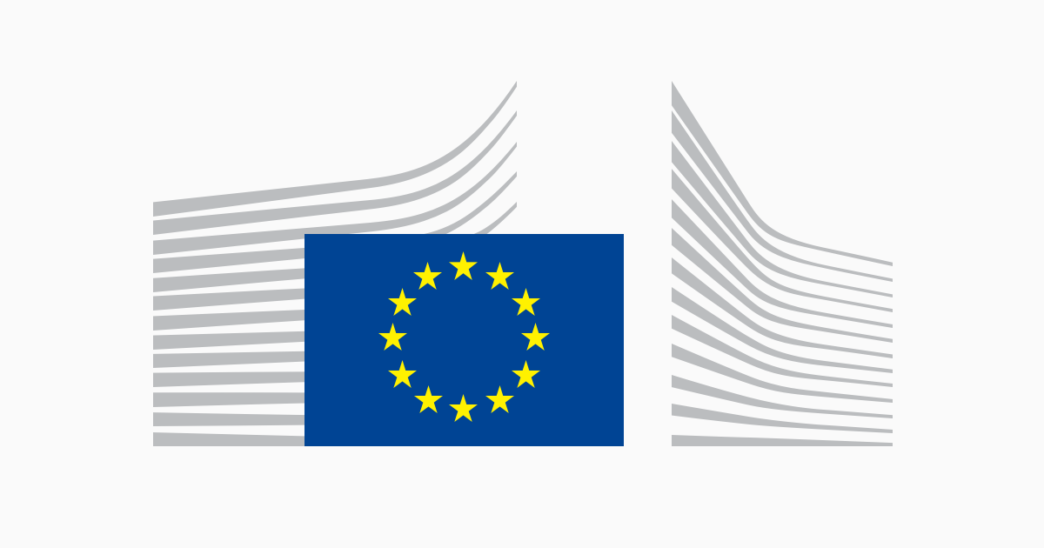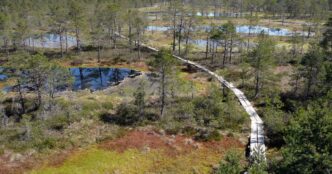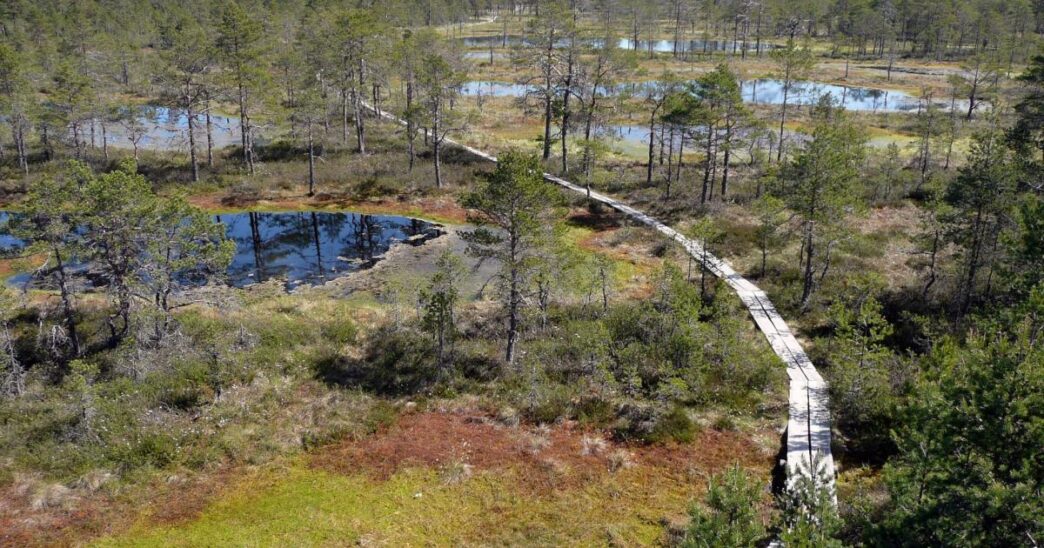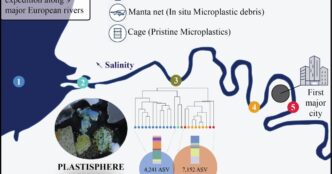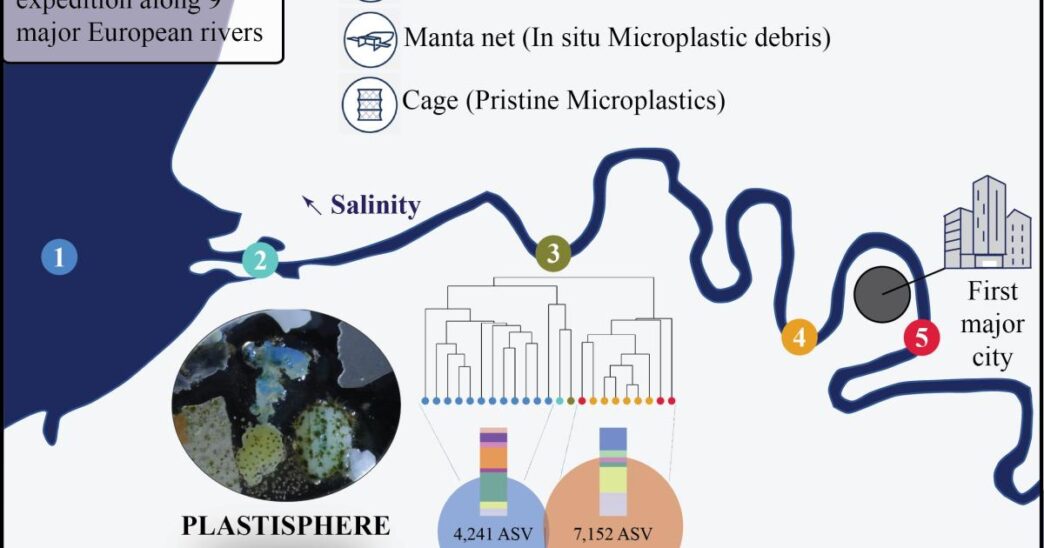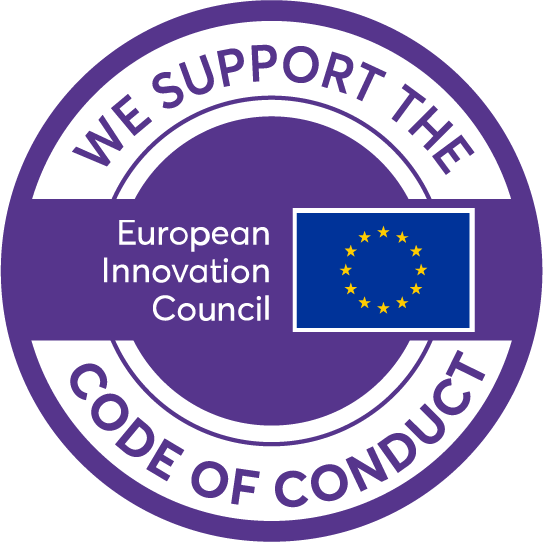Environmental Research
Description:
Environmental research is a vital foundation for the EU’s environmental policymaking and sustainability agenda. It involves scientific investigations, data collection, and innovation aimed at understanding, monitoring, and solving environmental challenges. The EU supports a wide range of research activities to address climate change, biodiversity loss, pollution, resource scarcity, and ecosystem degradation — ensuring that policies are based on solid evidence and cutting-edge technology.
Purpose:
Support evidence-based environmental policy
Monitor environmental trends and risks
Develop sustainable technologies and solutions
Foster innovation in climate adaptation, resource management, and pollution reduction
Strengthen the EU’s leadership in global environmental science
Sub Items:
Climate science – Research on emissions, climate models, and adaptation measures
Air, water, and soil quality monitoring – Scientific analysis to guide pollution control
Ecosystem and biodiversity studies – Understanding species dynamics and habitat resilience
Circular economy innovation – New methods for waste reduction and material reuse
Environmental data systems – Earth observation tools like Copernicus and satellite imagery
Green technology R&D – Eco-friendly materials, energy-efficient systems, low-impact production
Impact assessment – Evaluating environmental effects of infrastructure, transport, and agriculture
Health and environment interface – Studying environmental factors affecting public health
Key Initiatives & Tools:
Horizon Europe – EU’s main funding programme for research and innovation
LIFE Programme – Co-financing environmental research and demonstration projects
Joint Research Centre (JRC) – Scientific service of the European Commission
European Environment Agency (EEA) – Environmental data, assessments, and foresight
Copernicus Programme – Satellite data and earth monitoring for environmental analysis
Why It Matters:
Robust environmental research helps policymakers respond effectively to complex global threats, empowers industries to innovate sustainably, and ensures the public has access to transparent, science-based information. It is essential for achieving long-term EU goals like the Green Deal, climate neutrality, and nature restoration.

